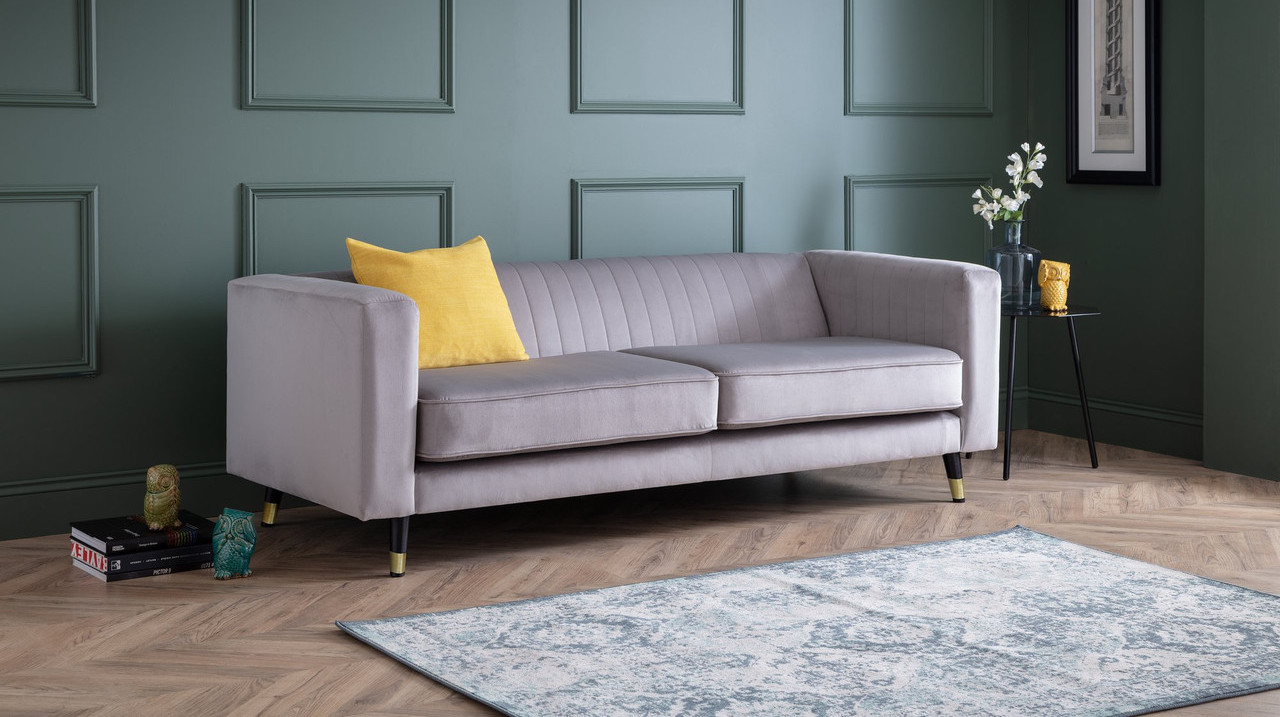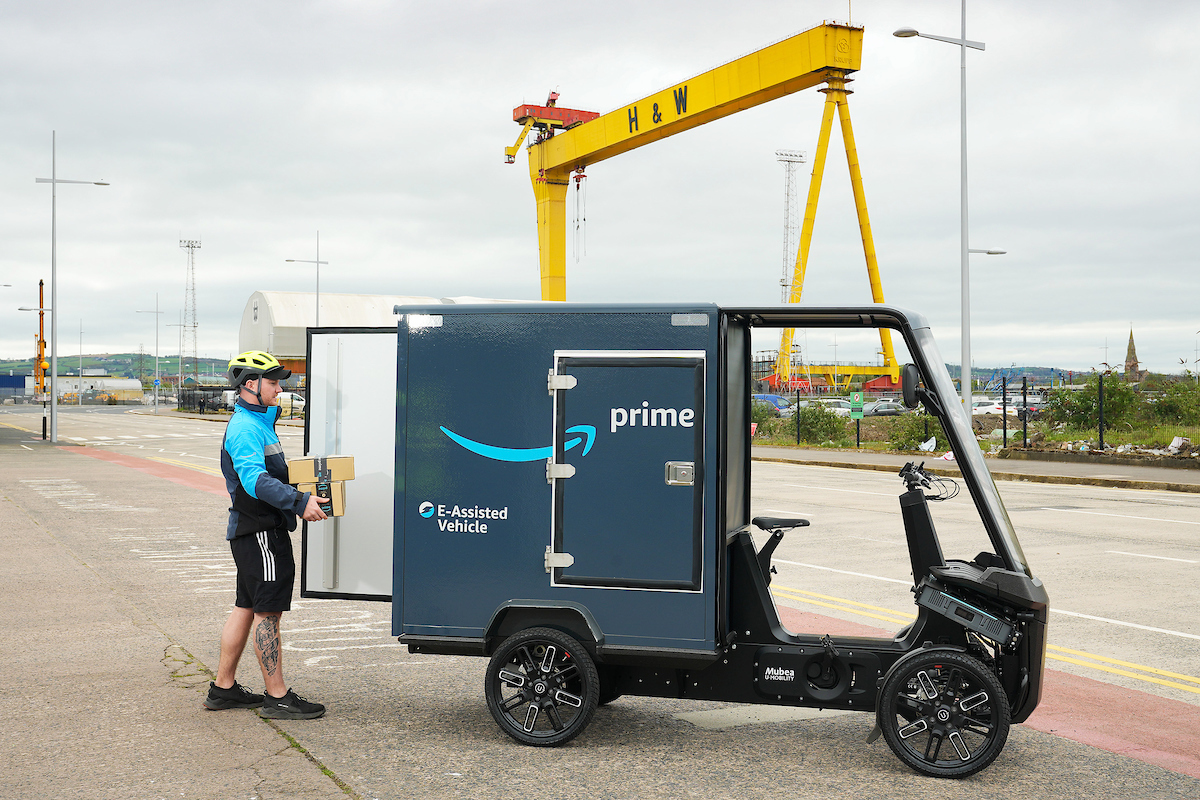The recently published RetailX Europe Homeware 2023 report features an exclusive case study on how start-up Furniturebox shook up the traditional homeware sector.
While homeware sees a larger proportion of its sales take place instore rather than online, it doesn’t mean there isn’t a pureplay market for furniture. Quite the contrary. As more Millennials and Gen Z-ers age and start to buy furniture for their first homes, so their online and mobile-first habits are starting to reshape the way homeware is bought.
One company that was quick to see this trend and to tap into it has been Furniturebox. Monty George and Dan Beckles, both aged 25, started it straight after leaving Bishop Wordsworth’s Grammar School in Salisbury. George is a serial entrepreneur who was turning over up to £200,000 a year selling products such as computer tablets and phone cases on eBay when he was still at school. He persuaded Beckles to turn down a place at university and join him in setting up Furniturebox in 2015.
They chose furniture because few companies were then selling it online, so there was a gap in the market.
George says: “I could see that there was a huge market for furniture and it was very underdeveloped online. I bought a couple of containers of furniture and persuaded Dan to join forces with me to sell it online. That is how the business started. It has been an amazing seven years of growth. We know that the model we have now is highly efficient for profit generation. We feel we can roll that out in other markets – in America, Germany and elsewhere. In the furniture industry, there aren’t really any other ecommerce companies doing the same thing as us.”
Growth exploded during Covid-19 lockdowns, with most furniture shops closed and customers stuck at home with cash to burn. Sales have since risen from £9.4mn in 2020 to £16.7mn as last year, Furniturebox was ranked as the fastest-growing small business in the South West in the Sunday Times’ list of the UK’s most successful private companies. It also picked up the same accolade in the popular ‘Lightning 50’ league table which tracks growth rates for hundreds of online businesses across the UK.
Beckles says: “We saw huge, huge growth during Covid. Customer service is really important to us – we have such good reviews and lots of people started buying furniture online for the first time knowing that we were a trusted brand.”
The key to managing this growth – and what is propelling the company forward – is automation. “This has been incredibly important to us because we sell through nine different channels in the UK, but we are now expanding in the US through the big furniture store Wayfair,” says Beckles.
“Without automation, we were having to draw data from different channels and everything was being done manually. Monty and I were cutting and pasting orders onto Amazon on a Sunday night before starting the new week on a Monday. It was exhausting. Suddenly all those orders were inputted electronically and it revolutionised the business.”
He adds: “Finally, we had an automated central hub for all our activities – from sales to stock management. Customer service can leave comments on orders and our shipping was so much more efficient. It means that we have been able to cut back on staffing doing manual administration and reinvest those savings in other areas of the business.”
Furniturebox expects global sales to grow from 5% to up to 50% of the business over the next few years, with the company having just broken into the US market, which will accelerate their growth still further, driven by the pair’s competitive spirit.
Beckles and George were football mad schoolboys at a rugby playing grammar school. Goalkeeper Monty played for the Bournemouth and Portsmouth youth teams, while central defender Beckles was on Bristol Rovers’ books. It was their closeness on the pitch which made them realise they could work well together in business.
George says: “We bonded because we wanted to play football whereas our school pushed us towards rugby.”
Beckles adds: “We saw how competitive we both were on the football field and we knew that would work in business.”
This feature was authored by Paul Skeldon and originally appeared in the RetailX Europe Homeware 2023 report. Download it in full to discover:
Why did the homeware market shrink in 2022?
Why homeware has the lowest ecommerce uptake compared to all the other retail sectors?
How does Ikea attract ten times more traffic to its website than its nearest rival?








